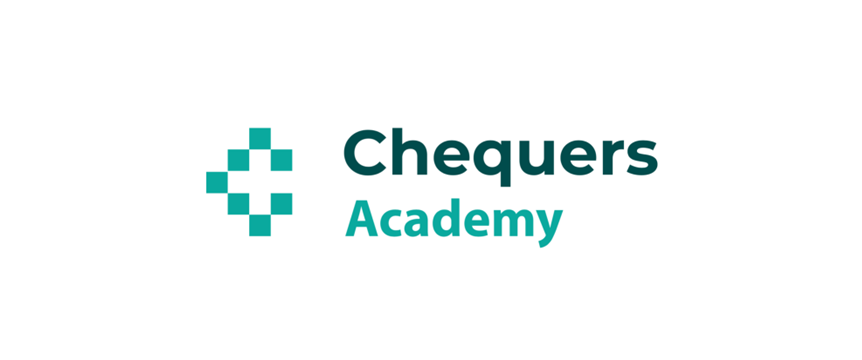- May 8, 2025
- Posted by: lpatel
- Categories:
If you’re planning to pursue a medical career abroad, you’ll likely need to pass exams to prove your knowledge and clinical skills. For the UK, this often means taking the PLAB (Professional and Linguistic Assessments Board) exams.
Exams can feel daunting, but PLAB 1 doesn’t have to be. With the right preparation and mindset, success is achievable—even on the first attempt. I did it, and so can you.
Here’s what you need to know before starting your PLAB journey.
PLAB 1 Essentials
What is it?
PLAB 1 is a 3-hour written exam with 180 multiple choice questions.
When and where?
Held four times a year, PLAB 1 requires booking 8–10 months ahead. It’s available in multiple countries—check the GMC website for dates and locations.
Pass rate:
Roughly two-thirds of candidates pass. Find the latest stats on the GMC website.
PLAB 1 Focuses on Clinical Practice
Unlike exams like the USMLE Step 1, PLAB 1 doesn’t emphasize basic sciences or obscure details. Instead, it tests how well you apply medical knowledge to real clinical scenarios, focusing on diagnosis and management. If you’ve completed medical school, you already have the foundation to succeed.
Adopt a UK-Centred Mindset
Preparing for PLAB isn’t just about passing—it’s about getting ready to work in the UK. Learn UK-specific guidelines, common conditions, and everyday terminology. Check out our Lost in British Translation course to help you understand common UK phrases and vocabulary.
PLAB 1 Isn’t Overly Difficult
PLAB 1 assesses essential clinical knowledge expected of a safe junior doctor—not how smart you are, but how prepared you are to practice safely. It focuses on core, practical topics rather than obscure facts. If you’ve studied well in medical school, you already have a solid base. If you’re still a student, focus on your studies for now—PLAB prep can come later.
Explore our “Transitioning to the UK” course to support your move to living and working in the UK.
Practice Questions Are a Must
Don’t rely on just reading—doing sample questions is key to applying your knowledge and getting used to PLAB 1’s format. Always double-check answers yourself, as some shared materials may contain intentional errors, especially if obtained unofficially. Stick to reliable, legal sources for your prep.
You Can Prepare in 4–6 Weeks
With focused study and the right resources, PLAB 1 prep can take just 4–6 weeks—especially if you’ve recently graduated or finished internship. If you’ve been in one specialty for years, it may take longer but is still very achievable. If you’re balancing work, family, or health issues, give yourself extra time and be kind to yourself.
Sign up on our website to access a free taster of our PLAB 1 Question Bank.
In-Person Courses Aren’t Necessary
With today’s variety of resources—online videos, audiobooks, flashcards, and question banks—you don’t need to attend a physical academy to prepare for PLAB 1. The key is understanding UK medical basics, guidelines, and terminology. One candidate passed without attending a course, while another opted for one—both approaches were successful. In hindsight, the materials available now would have saved them time and money!
Have you passed IELTS/OET first?
Before booking PLAB, you must prove your English proficiency, usually through IELTS or OET. However, if your medical degree was entirely in English and involved over 75% clinical interaction in English, you may bypass these tests. Your English evidence is valid for 2 years and must be current on the day of your PLAB 1 exam.
Time Management Is Key
With only 3 hours to answer 180 questions in PLAB 1, you have about a minute per question. To avoid stress, practice under exam conditions and take mock exams to build familiarity.
PLAB and the UKMLA
While PLAB will eventually follow the UKMLA blueprint, it will still be called PLAB. The exam format remains largely the same, and EU graduates remain exempt from PLAB under current laws, though this may change.
Chequers Academy’s Commitment
At Chequers Academy, we provide structured and supportive training programmes tailored specifically for international doctors. Our courses include comprehensive NHS inductions, professional mentorship, and clear guidance on career progression. We believe every doctor deserves clarity, support, and opportunities for growth—essential elements to building a successful career within the NHS

